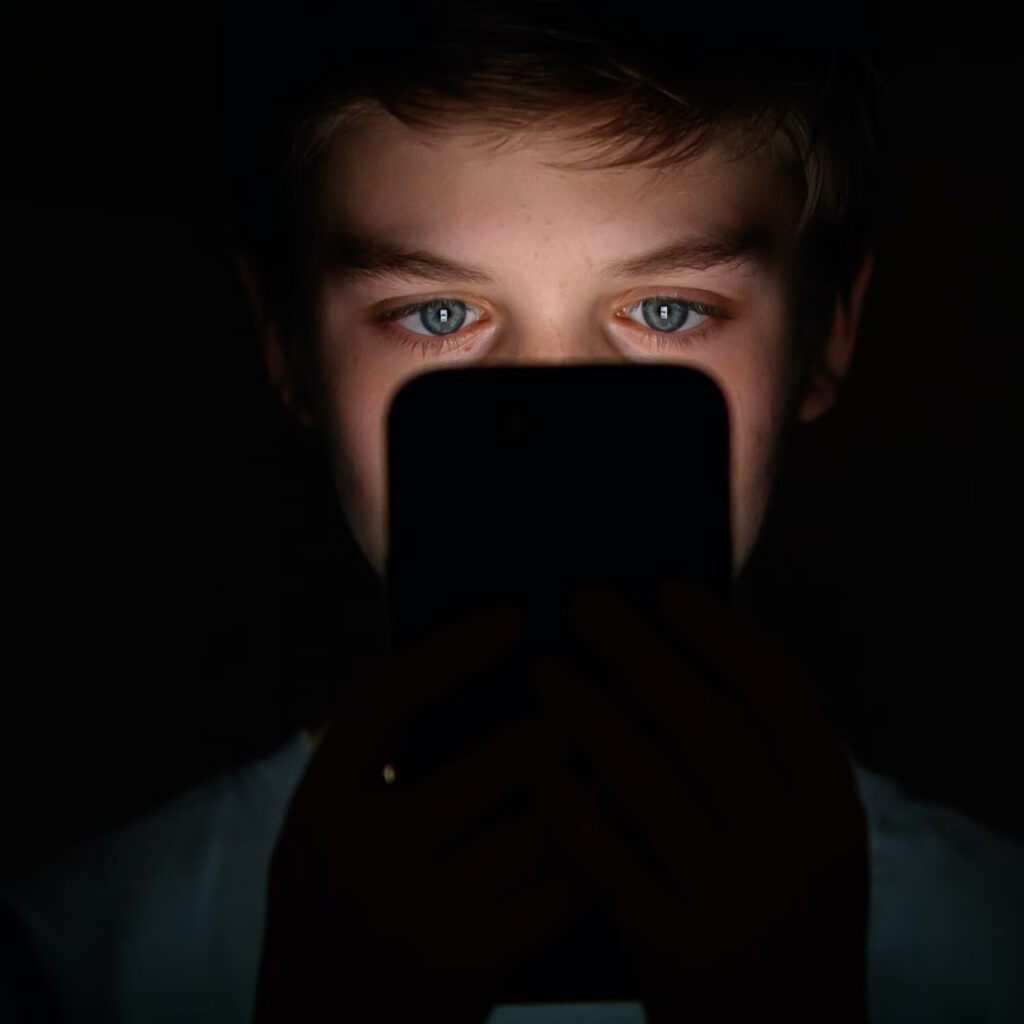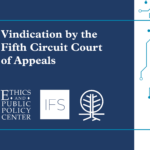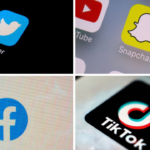
Published February 22, 2023
Parents are not enough to protect kids from the harms of social media today. And current federal law is not up to the task either. The severity of the problem of social media to children and the inability of parents to effectively protect their kids necessitate a public policy solution. And as a new report shows, parents want help. Congress needs to step up and help them.
This is a winning issue. “Five Pro-Family Priorities for the 118th Congress and Beyond,” a new report co-released on February 16 by the Institute for Family Studies and the Ethics and Public Policy Center (EPPC), found that 80 percent of parents, regardless of political party, want parental consent required before a minor opens a social media account and 77 percent want parents to have administrator-level access to what kids are seeing and doing online.
We have a severe public health crisis on our hands. American teenagers are, quite literally, dying because of social media. Teens are more depressed and anxious than ever before. New data from the CDC show that nearly three in five teen girls felt persistent sadness in 2021, and one in three girls seriously considered attempting suicide. Depression, self-harm, suicide attempts, and suicide all have increased sharply among U.S. teens between 2011 and 2019, with similar trends worldwide. This was the same period in which social media use moved from optional to virtually mandatory among teens.
Beyond the youth mental health crisis social media is creating, both the kinds of content circulating on social media and other users on the platforms are very dangerous to children. TikTok and Instagram send teens down rabbit holes of eating disorder, drug, and sexual content. Pornography is everywhere online, and it is not just on Pornhub and other adult sites, but on YouTube, Spotify, Pinterest, Instagram, Twitter, and Snapchat.
Predators are also all over social media, trying to befriend and groom young people. A private study found that nearly one in three teen girls have been approached by adults asking for nude pictures on social media. The Wall Street Journal recently reported on the ways in which TikTok is a prime venue for child sexual exploitation.
Thus, the problem of teens and social media use is severe in several ways. There is the way the design of the apps affects kids’ brain development and mental health. There is the pornographic and harmful content circulating on the platforms. And there are the predators and cyberbullies who exploit young people on social media.
Social media, and smartphones, have put our country on a dangerous trajectory toward a civilizational crisis. Because of social media, teens today don’t know how to live in the real world. We are allowing an entire generation to grow up online. They have become dopamine robots, relating to each other only behind screens. They don’t know how to form real-life relationships or confront and cope with real-life disappointments and emotions. And screens are neutering kids’ natural abilities to be imaginative and creative. We are losing what it means to be human. The stakes are high.
Sadly, current federal law is unable to address the myriad dangers that social media presents to our children.
The Children’s Online Privacy Protection Act (COPPA) of 1998 was supposed to allow parents to control the interaction between websites (which now include social media platforms) and children, but due to several loopholes, as I have explained elsewhere, it has been largely ineffective. COPPA, due to last minute lobbying efforts, set the de facto age for social media to 13 (rather than 16), which is much too young. And because of its high legal standard of having to prove companies had “actual knowledge” of a minor being on their platform, it has been very difficult to enforce COPPA against social media companies for failing to keep minors under that low age of 13 off their platforms.
As a result, we know 8 to 12 year-olds are all over these apps without consequence. Rather than seeking to keep kids off their platforms, social media companies are in a race to the bottom, trying to addict children as young as possible for as long as possible. And they can because they know COPPA is toothless.
Section 230, the main law that governs the internet, was also originally designed to protect children online. It was passed as part of a broader law, the Communications Decency Act of 1996, which was aimed at protecting kids online. Section 230 was meant not only to be a shield from liability for internet companies but also a sword against illicit content, empowering platforms to remove harmful content such as pornography to protect children.
Bad court rulings, however, have unreasonably expanded Section 230 to protect social media companies from liability even when social media companies know about and fail to remove unlawful content that third-party users distribute on their platforms. Section 230 is all carrot and no stick when it comes to preventing harm to children.
Thus, in the current state of affairs, the burden to protect children online and place limits on children’s use of platforms and devices effectively rests solely on parents. Libertarians think this is enough, and even the way it should be, but the reality is that parents increasingly have limited control over and insight into what their kids are seeing and doing on social media. Even the best private parental control software can’t give parents full access to everything, like direct messages or certain apps like TikTok.
In a world where school and homework are conducted online, in which many children are required to use Google Chromebooks (for which parents aren’t allowed to install external filters), and where children largely socialize with peers over social media, parents are caught in an impossible dilemma of either standing over their children’s shoulders 24/7 or retreating to home schooling in a home without internet access. For many, if not most, these are not realistic alternatives.
The problem of social media is also not a private one. Social media use by even a few children in a school or organization creates a “network effect,” so even those who do not use social media are affected by how it changes the entire social environment. Even if parents choose to fight the difficult individual battles to keep their child off these platforms, it is not enough to shield them from all its effects.
Not every child comes from a good home with loving, involved parents who try to protect them from the harms of social media. In fact, there is a screen-time disparity. A survey in 2019 found that kids from lower income homes, which see an annual income of less than $35,000 per year, spend on average 8 hours and 32 minutes a day on screens, which is about 2 hours more than kids from high-income families, over $100,000, who spend an average of 6 hours and 39 minutes a day on screens.
Knowing what we know about all the harms of social media today, we should pass laws that will protect all children from these evils, not just those from wealthy families. We need Congress to step up and find solutions that will truly protect children on the internet.
The nature and severity of the problems from social media today require a collective solution to be applied now to social media. There is precedent for doing so. Historically, when we as a society have recognized that something is so harmful and dangerous to children that it shouldn’t be left up to individual parents to decide, such as alcohol or tobacco or gambling, or even driving a car, the government has set age limits and put restrictions in place. We do such things for the sake of all children and the common good.
All parents, across party lines, want help to protect their kids online. Parents are tired and fed up with being the only ones fighting these battles on the front lines. Congress, it is time to step up, for the sake of our kids and the next generation of Americans.
Clare Morell is a policy analyst at the Ethics and Public Policy Center, where she works on the Technology and Human Flourishing Project. She worked in the White House Counsel’s Office and the Justice Department during the Trump administration.
Clare Morell is a Senior Policy Analyst at the Ethics and Public Policy Center, where she directs EPPC’s Technology and Human Flourishing Project. Prior to joining EPPC, Ms. Morell worked in both the White House Counsel’s Office and the Department of Justice, as well as in the private and non-profit sectors.











